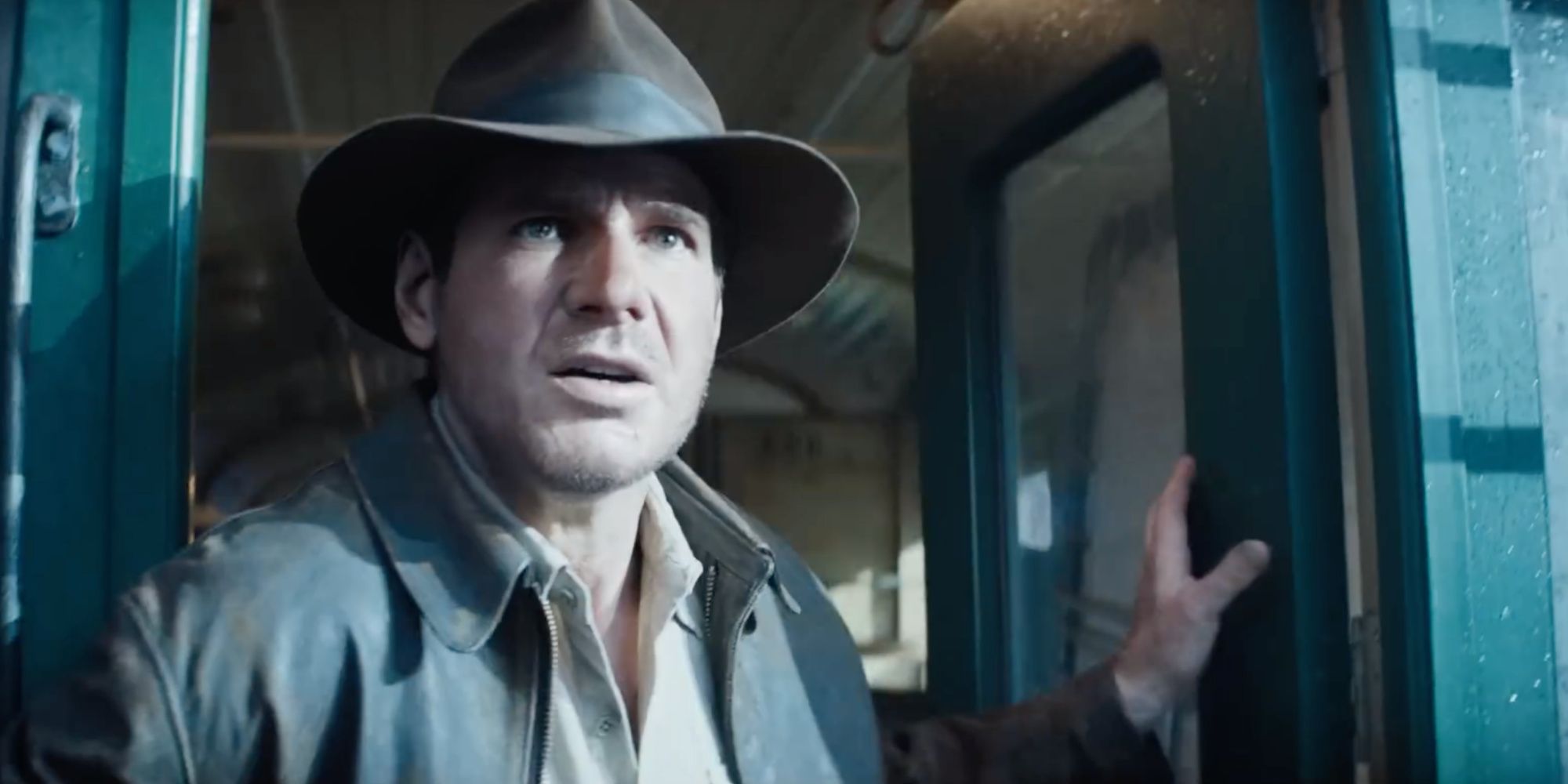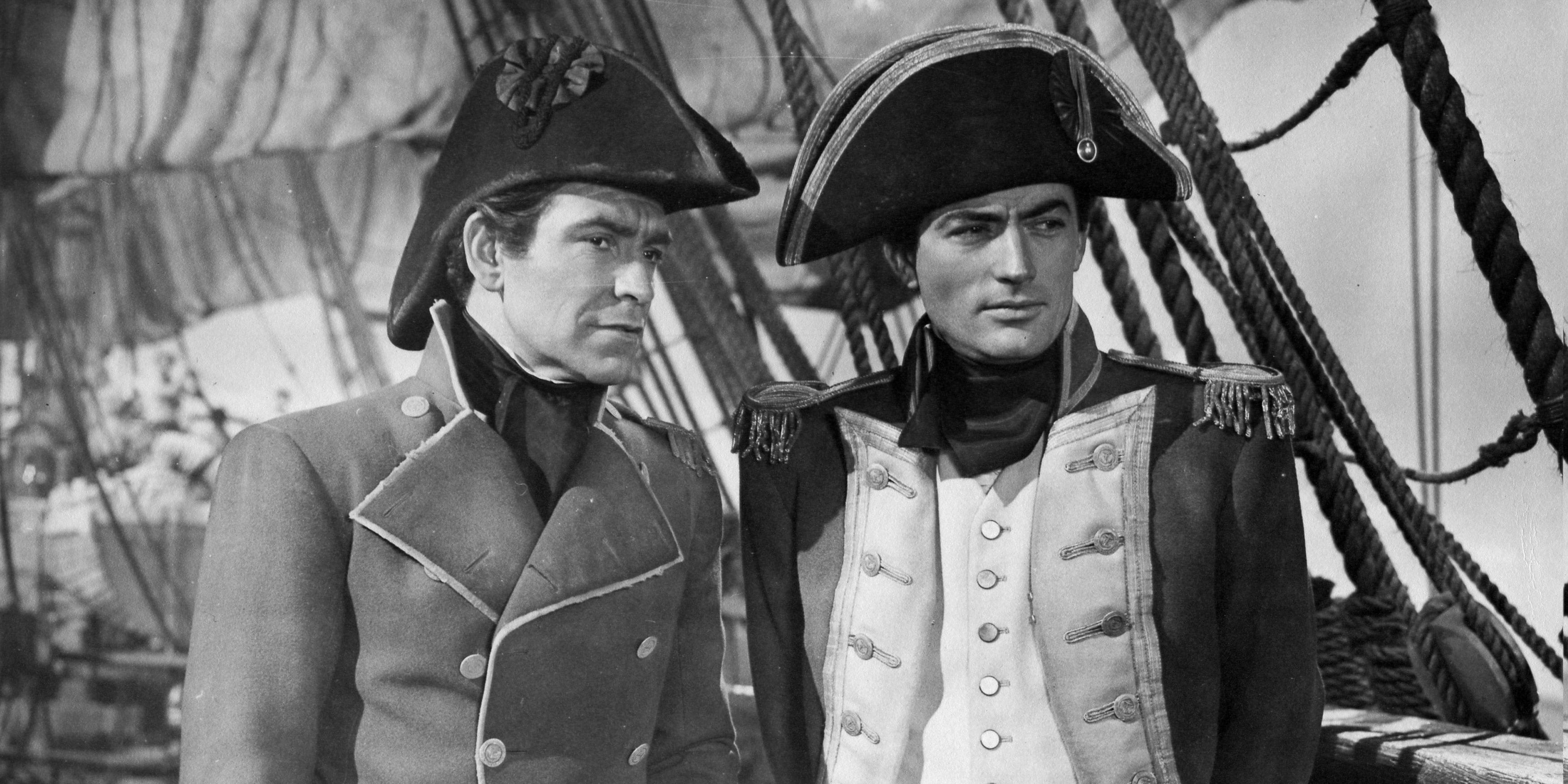
Mastering the Art of the Indy Ploy Trope: Unveiling its Epic Power and Strategy

Unleash your creativity and outsmart any obstacle with the Indy Ploy trope! Discover the art of spontaneous improvisation in action
Action cinema would lose much of its appeal if every hero's plan went exactly as intended. The most enjoyable aspect of clever thrillers is when the carefully crafted strategy falls apart, forcing the main characters to think on their feet and adapt. Typically, these stories portray the protagonists as underdogs fighting against seemingly insurmountable odds. The ability to improvise becomes crucial in determining their success or failure. One individual who embodies this quality is Dr. Henry Walton "Indiana" Jones Jr.
In most action narratives, both sides of the conflict engage in a constant exchange of plans. The antagonist desires global domination, while the hero strives to disrupt their diabolical scheme. This cat-and-mouse dynamic resembles a game of chess, yet some heroes approach the situation with a more imaginative and innovative mindset.
An intricate scheme with numerous components is always entertaining, but most action heroes do not have the luxury of extensive pre-planning. Action protagonists often opt for the Indy Ploy, named after Indiana Jones, wherein a strategy is devised on the spot. The initial plan likely fails, forcing the heroes to improvise as they progress. Their initial idea may have been based on a false assumption, disrupted by a sudden act of betrayal, or overwhelmed by insurmountable opposition. Some daring adventurers venture into situations without a plan, choosing to rely on an Indy Ploy and build from there. If their impromptu tactic succeeds, the hero is likely to be acclaimed for their ingenuity. In some cases, the surprise nature of the Indy Ploy is used for comedic effect. However, less successful strategies may lead other characters to view the hero as reckless, impulsive, or impatient. While they may possess these qualities, only their triumph will determine if they truly belong in Indy's league.
The Indy Ploy has a longstanding history that predates its namesake, Dr. Jones. Inspired by 1930s adventure serials, George Lucas designed the character as a tribute. One such inspiration was Allan Quartermain from King Solomon's Mines. During the same era, C. S. Forester created Horatio Hornblower, a British naval officer who fought in the Napoleonic wars. Despite their differences, Hornblower shares a common trait with Indy - both rely on Indy Ploys. Horatio, although plagued by self-doubt and fretting over minor flaws, is a skilled sailor and strategist, making his way at sea. Indiana Jones, on the other hand, is the epitome of the Indy Ploy on the silver screen. While not the only example, he is arguably the best. Characters in the franchise often question Indy's clever schemes, only to be reminded that he doesn't plan that far ahead. Throughout the series, the editing emphasizes this concept, with well-timed cuts and characters explaining that Indy works best on the fly. However, it is important to note that while he may not have a fully developed strategy, Indy possesses the ability to think quickly under pressure. This skill is what defines the Indy Plot and why Indiana Jones is its namesake.
It goes without saying that the interactive counterpart of Indiana Jones would undoubtedly be the avid user of the Indy Plot in video games. Enter Nathan Drake from the renowned Uncharted series, who embodies the spirit of Indy in the gaming world, albeit without the iconic hat. It's a challenge to find a single image of Nathan Drake where he isn't sporting a foolish grin just before embarking on a reckless endeavor. Whenever Drake plans meticulously for more than an hour, he is faced with betrayal, unreliable information, or the capture of one of his trustworthy allies. Even when he desires to meticulously schedule his schemes down to the smallest detail, he cannot afford that luxury. Drake leans on Indy Plots as the sole viable option in the tumultuous life of a globetrotting thief.
The Indy Plot often serves as the most captivating framework for an action story. Witnessing meticulously crafted plans unfold flawlessly can be fulfilling, yet there's a certain allure to a protagonist who relies on instinct. Indy tackles each obstacle as it arises, unburdened by predetermined expectations. He prioritizes the optimal outcome for himself and his allies, setting aside any preconceived notions of how things should unfold. Take a cue from Indy. While specific circumstances may call for strategic thinking, at times, problems necessitate quick, instinctive solutions without much prior consideration.








